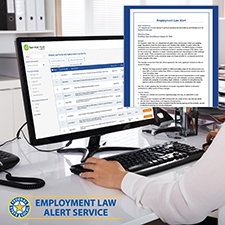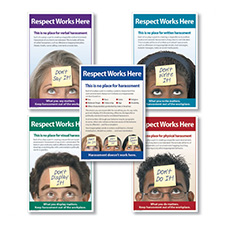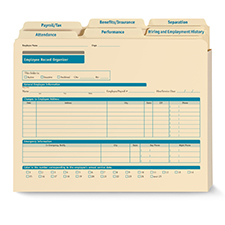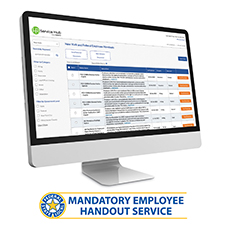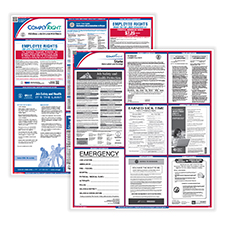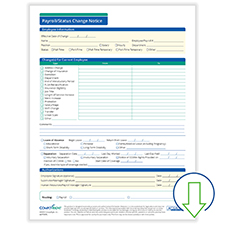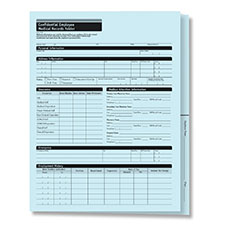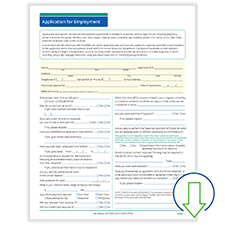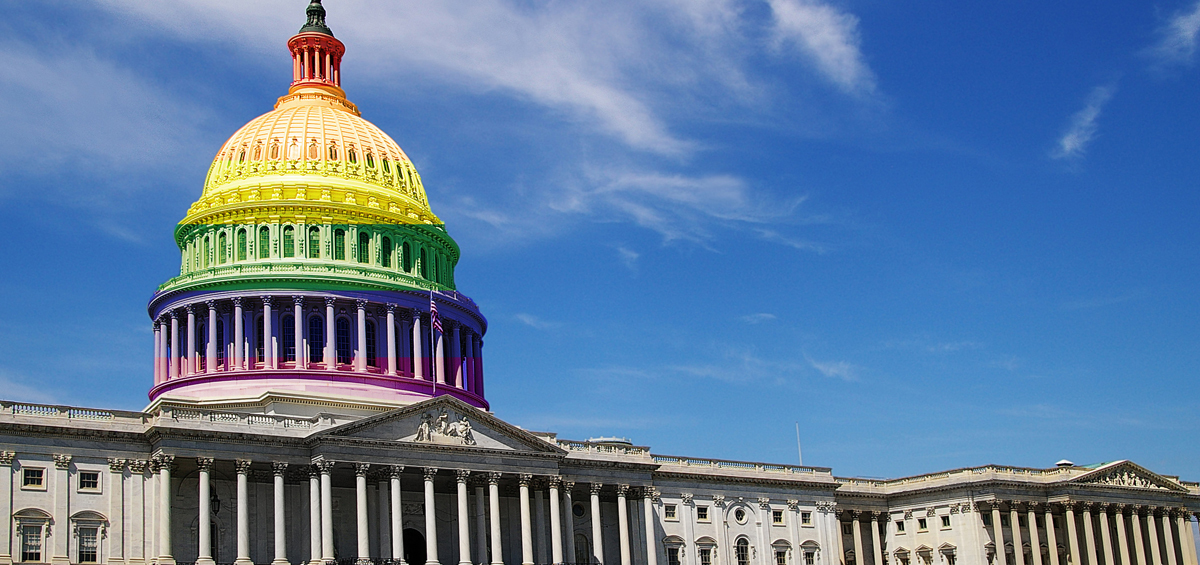
Before the historic U.S. Supreme Court ruling on June 15, 2020, gay, lesbian and transgender workers were shielded from workplace discrimination in only a handful of states. The new ruling, however, now extends protections to millions of LGBTQ employees under the existing federal law, Title VII of the Civil Rights Act. In a historic decision, the ruling clarifies that the law’s anti-discrimination provisions also include the sexual orientation and gender identity of applicants and employees.
If you operate in state or local jurisdictions that already prohibit discrimination of LGBTQ workers, this ruling further validates and enforces those protections. And for employers in regions without such laws, be aware that it’s now illegal, under Title VII, to discriminate against gay, lesbian or transgender workers. The same federal law that prohibits discrimination in employment based on race, color, religion, sex, national origin, age and disability covers sexual orientation and gender identity, too.
All U.S. Employers Now Fall Under Federal Law
Going forward, all employers covered by Title VII (15 or more employees) should review their policies and practices to ensure they reflect the new Supreme Court ruling. Under expanded federal protections, you must be certain you’re treating gay, lesbian and transgender workers fairly and appropriately — from hiring and promotion to discipline and termination. Otherwise you run the risk of an employee complaint and potential lawsuit.
To stay a step ahead of the legal requirements and to foster a considerate, inclusive work environment for LGBTQ employees, you should:
- Update your discrimination and harassment policies — If you haven’t reviewed your workplace policies to include all protected individuals, now is the time to do it. It should state that your organization is committed to ensuring equal opportunity for all employees, regardless of race, color, religion, sex, national origin, age, disability, sexual orientation or gender identity (or expression).
- Communicate your policies to employees and applicants — Include clear, anti-discriminatory/harassment language in your employee handbook, job applications and other employee-oriented materials. Make sure all employees receive a copy of your policies and sign a notice indicating they’ve received and reviewed them. Another workplace measure that is strongly recommended by the U.S. Supreme Court is to display anti-harassment postings. These create valuable awareness and help educate employees about the different behaviors that can be considered harassment.
- Review your job postings — This is an area that can get unsuspecting employers into trouble. Unless the position you are filling requires a certain gender, such as a restroom attendant, you should never state a gender preference for the position. Always use gender-neutral job titles, such as “sales representative” instead of “salesman” or “wait staff” instead of “waitress.” It’s a good idea to review your employment benefits, too, to ensure that LGBTQ employees are not treated differently regarding healthcare coverage, parental leave and other benefits.
- Train managers to identify and prevent discrimination —Regular harassment training should cover equal employment opportunity laws, your anti-discrimination/harassment policies and diversity. Employees and managers need to understand their roles in creating an atmosphere of inclusiveness and respect for differences. This awareness is especially important when hiring, promoting or disciplining employees.
- Handle complaints promptly and decisively —To maintain a workplace free of discrimination, management must support those who raise complaints, as well as those responsible for investigating and resolving them. Be certain your employees have multiple ways to report discrimination (in case a supervisor is the cause of the problem, for example).
Keep Current with Related Laws and Mandatory Postings
Make an important move toward strengthening your non-discriminatory hiring practices with the 100% compliant job applications.
Something else to be aware of: a potential change or update to the federal “EEO Is the Law” (EEOC) posting. With a poster service provider like Poster Guard® Compliance Protection, you can leave the monitoring to the legal experts. A dedicated team of attorneys tracks regulatory activity across thousands of federal, state, city and county agencies. You receive guaranteed federal, state and local coverage for a full year, along with free automatic replacements every time a mandatory change occurs.
Related Content:
How to Prepare for a Potential 2021 Federal Minimum Wage Increase
New Supreme Court Rulings Call for a Careful Review of Potentially Discriminatory Job Postings






 Shopping cart
Shopping cart